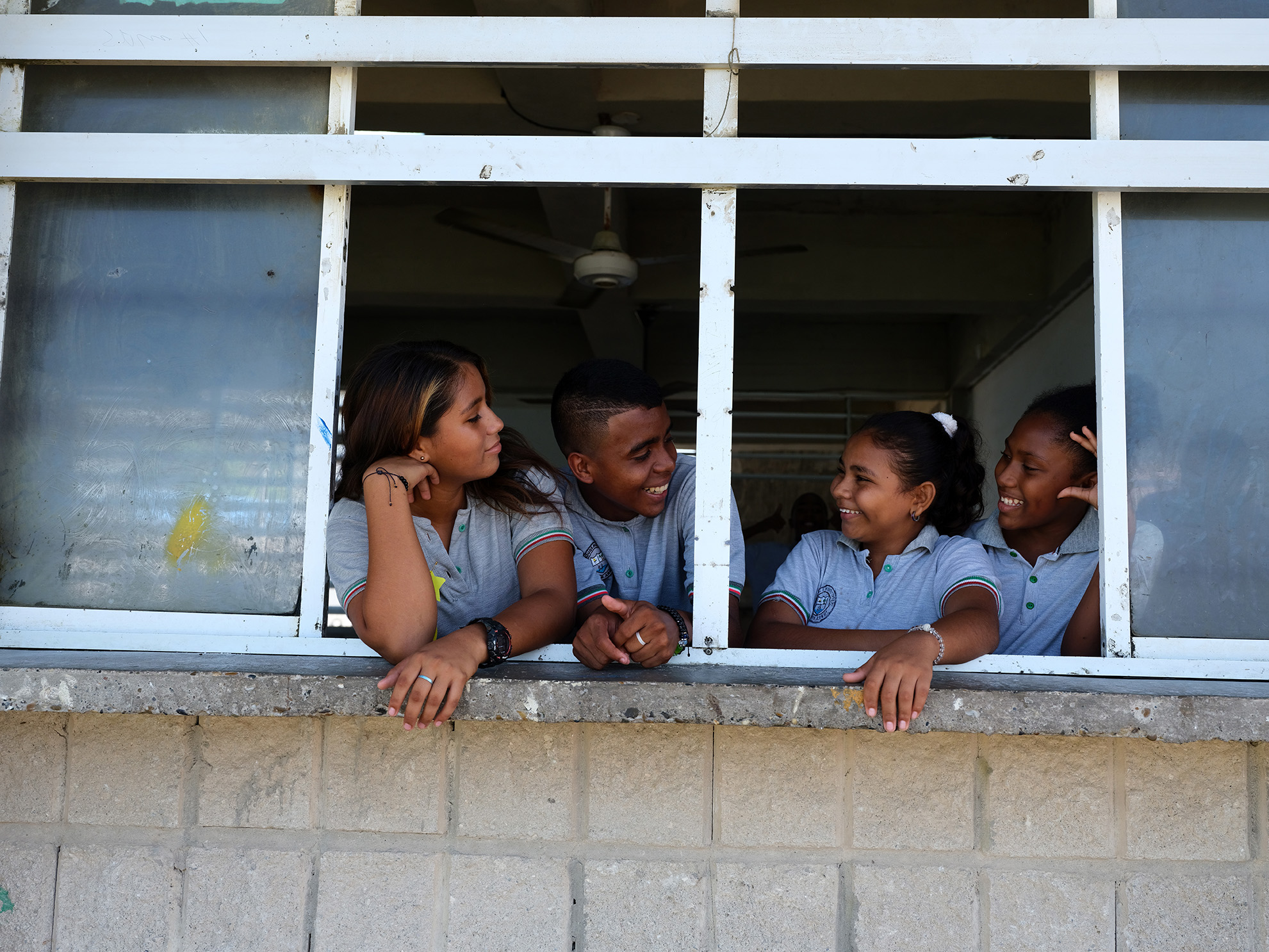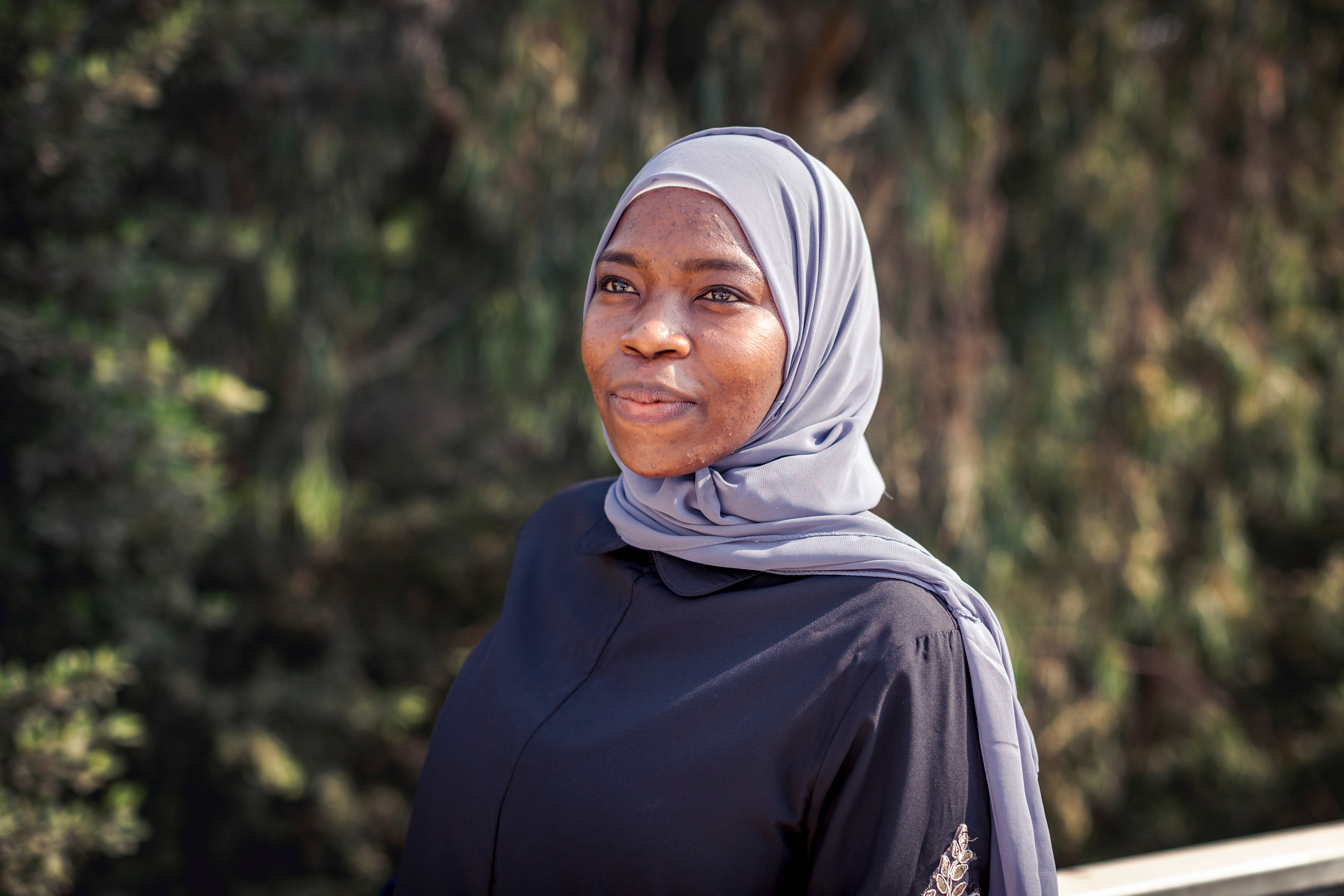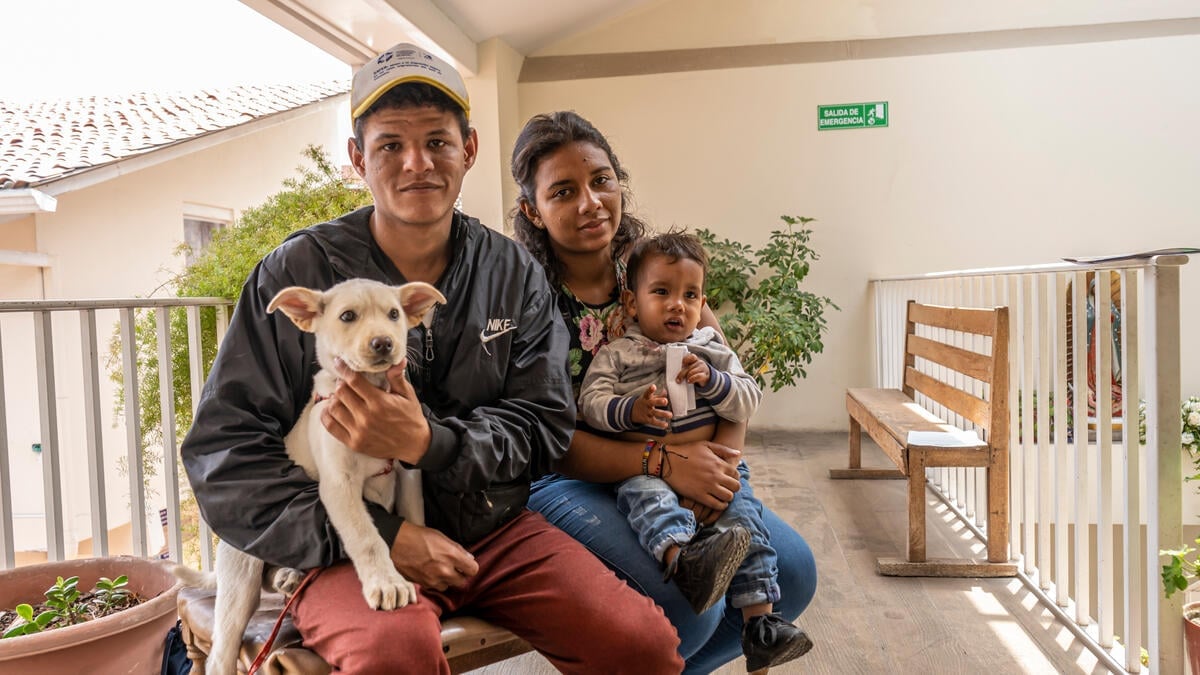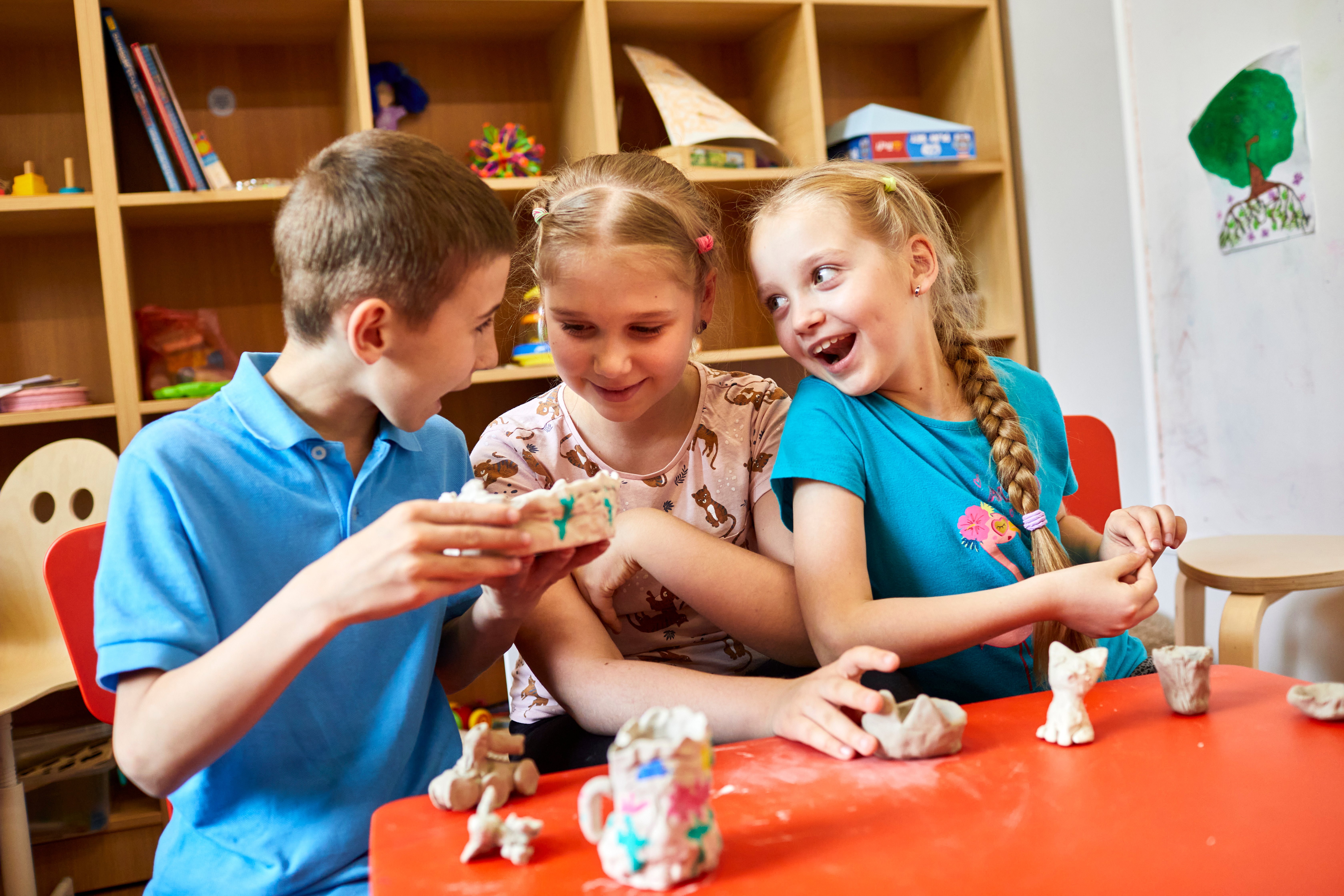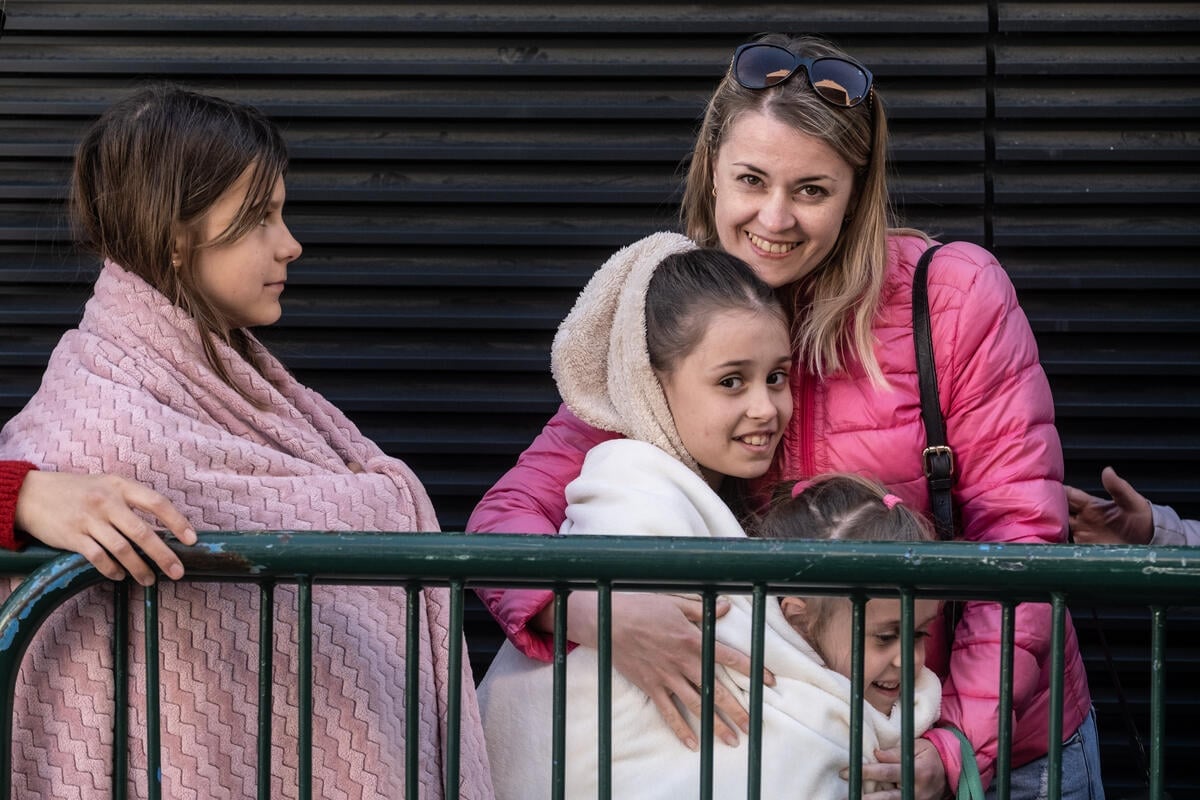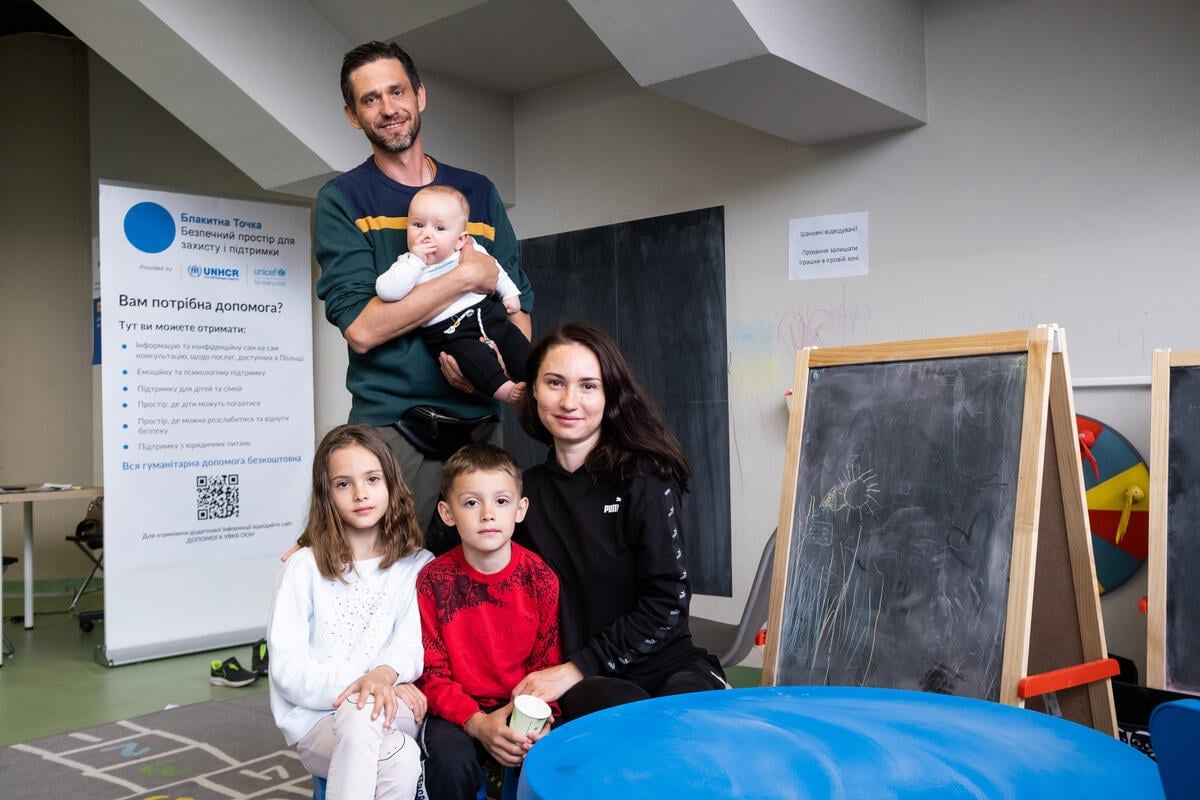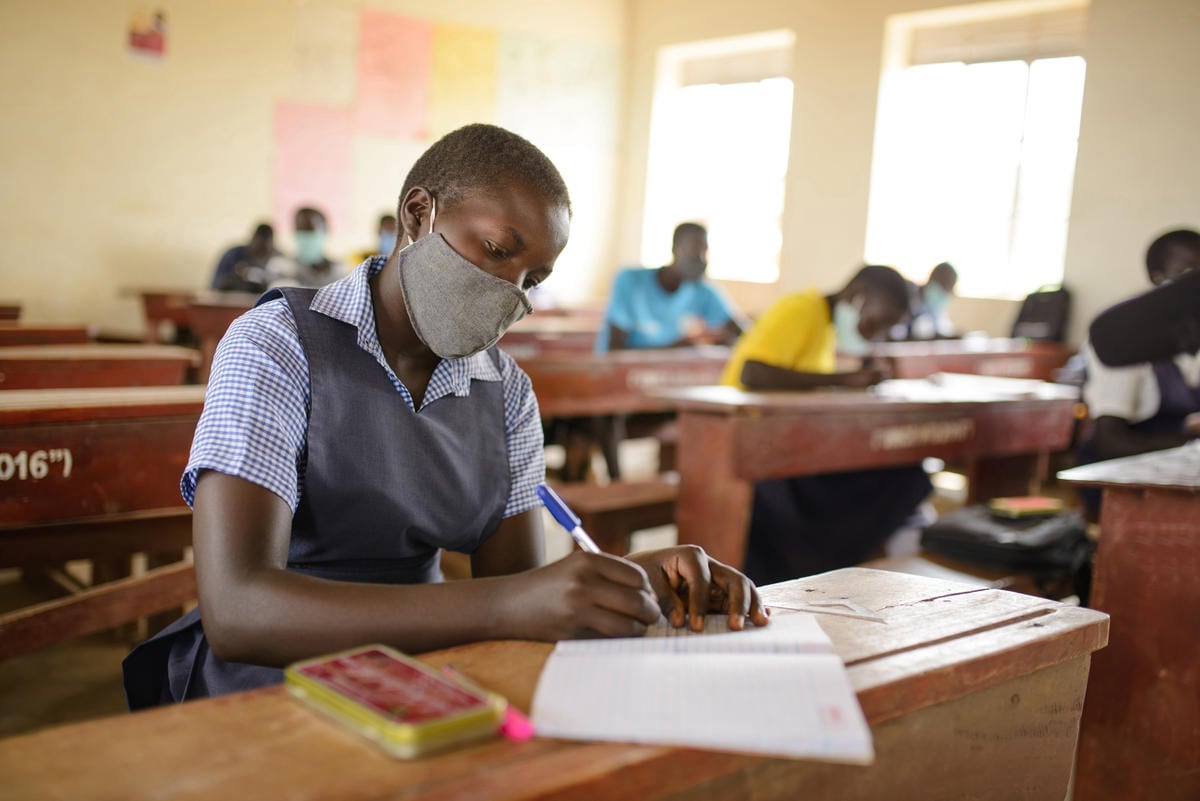Iraqi refugee families need help to educate their children
Iraqi refugee families need help to educate their children

DAMASCUS, Syria, 31 July (UNHCR) - When the Mikhail family escaped to Syria, hounded from their home in Baghdad at the end of last year by death threats, they had to begin a new struggle as refugees. Repeatedly, the parents have been told there is no room at school for their six children.
"We tried to get our four boys and our seven-year-old twin girls into school when we arrived, but they told us again and again that the schools were full and there is no space for our children," said Ashur, head of the family. "We cannot put them in a private school, which costs more than $600 per child. We are barely surviving ourselves."
The fact Syria has given Iraqi refugees full access to the state schools - a step that Jordan also announced last week - does not solve the fundamental problem that the school systems do not have the capacity to absorb the tens of thousands of Iraqi children needing education.
That reality prompted the UN refugee agency and UNICEF to launch an appeal last Friday for $129 million to get an additional 155,000 Iraqi children back into school by the end of 2008. More than 2 million Iraqis have fled to nearby countries - primarily Syria and Jordan - to escape continuing violence in their homeland and most of the 500,000 who are of school age have limited or no access to education.
Last Thursday an Iraqi father called a hotline UNHCR has set up in Syria to call for information. He had been trying to register his children for classes but had been told by the school they would have to wait until September to know if there was any room by the time the local Syrian children have been accommodated.
Of an estimated 300,000 Iraqi school-age children in Syria, only about 33,000 attend school. In Jordan, the government estimates 19,000 Iraqi girls and boys are in fee-charging private schools, while at least 50,000 are not in any classes. The goal is to get another 100,000 Iraqi children into school in Syria; 50,000 in Jordan; 2,000 in Egypt; 1,500 in Lebanon and 1,500 in other countries in the region.
UNHCR and UNICEF will work with ministries of education and other partners in each country to expand the capacity of public schools; reintegrate those - particularly girls and adolescents - who have dropped out; provide outreach and direct support to some 12,000 poor and vulnerable families; and inform Iraqi families of the opportunity to get their children back in school.
This assistance will include providing pre-fabricated classrooms; identifying buildings to use as temporary schools; upgrading water and sanitation in schools; building new schools or classrooms; and rehabilitating existing schools. Buses will be obtained to bring children to school.
The appeal estimates more than 4,000 new teachers will be required and the programme will cover salaries, other entitlements and training costs. Many children - some who have suffered traumatic experiences - have missed up to three years of schooling and special support will be given to them and their families to reintegrate them in the school system.
In Jordan also, UNHCR staff have been trying to assist Iraqi families struggling to get their children in school. Layla fled Baghdad two years ago with her son and daughter after her husband, who had been a police officer during the Saddam regime, was killed. Most of her $5,000 in savings has gone to educate her son as refugees previously did not have access to the free public school system.
Her daughter's future has been among the sacrifices. She is just one of the 155,000 Iraqi refugee children, who are in real danger of growing up without an education, that the UNHCR-UNICEF appeal is intended to help.
"I will do everything to keep my son in school and give him an education.... I took my daughter out of school as she can do without," Layla said. "We - my daughter and I - are both not eating meat and chicken anymore, just vegetables. All for my son, who needs to eat well, grow and learn."
(The names of refugees have been changed to protect their identities)
By Astrid van Genderen Stort in Damascus, Syria


